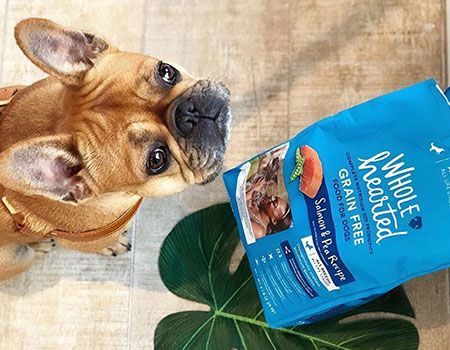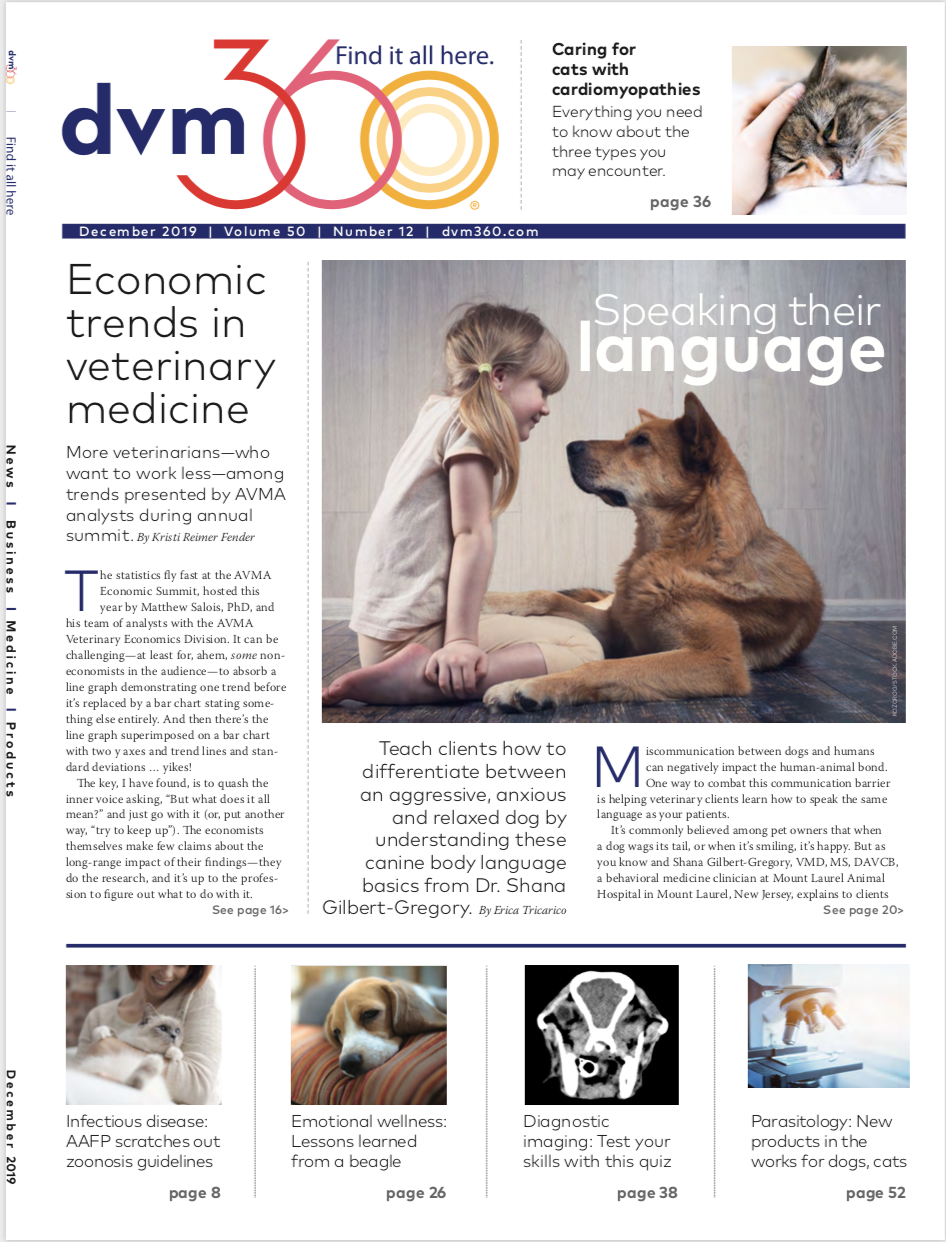Grain-free pet food sales declining after FDA alerts
Ongoing concerns in the veterinary industry about dilated cardiomyopathy related to grain-free pet food have resulted in steadily declining sales for grain-free pet food manufacturers.
Social Native/stock.adobe.com

You may not be surprised to learn that manufacturers of grain-free pet foods are losing sales.
To date, the FDA has issued three alerts and updates (July 2018, February 2019 and June 2019) regarding a potential connection between certain grain-free pet foods and cases of dilated cardiomyopathy (DCM). In its most recent update, the organization named 16 dog food brands that have been implicated in at least 10 cases of DCM through April 2019 (dozens of other foods have been implicated as well, each with fewer than 10 reported cases).
According to consumer data giant Neilsen, those 16 companies have been losing sales since the initial FDA alert was released.
What is ‘grain-free' anyway?
The FDA defines “grain-free” pet foods as foods that do not contain corn, soy, wheat, rice, barley or other grains. Of the more than 500 reports of DCM cases brought to the FDA's attention, the vast majority of pets were eating a dry diet; 91% of the diets were listed as grain-free, and 93% of those grain-free diets contained peas and/or lentils.
It remains unknown how these ingredients are linked to cases of DCM. The FDA has said it will continue to provide updates as the investigation proceeds.
During a presentation last week at the Petfood R&D Showcase 2019 at Kansas State University-as reported on PetfoodIndustry.com-Natasha Davis, a strategic client partner at Neilsen, said that through September 2018 (just after the first FDA alert), grain-free pet food sales in general had been on the rise, with 9.6% year-over-year growth. Fast forward a year to September 2019, and overall grain-free pet food sales were flat or experiencing a slight decline of –0.3%.
Contrast those figures with grain-in pet food sales, which showed a –6.9% year-over-year decrease as of September 2018. Although sales were still on the decline as of September 2019, the decrease was smaller at –2.7%.
In addition, Davis said, Nielsen data show that overall sales for the 16 brands named by the FDA have decreased. Between the second and third FDA alerts, overall pet food sales in aggregate among these manufacturers dropped from about 5% to 1.2%. After the third alert, their total pet food sales dropped by 9.7% and sales of grain-free dry dog food in the pet specialty market fell 11%.
